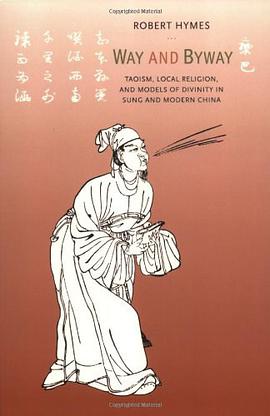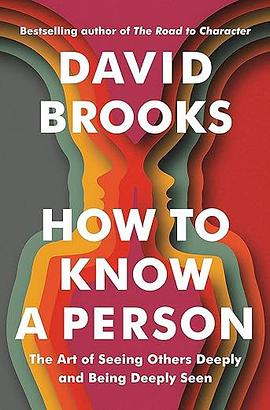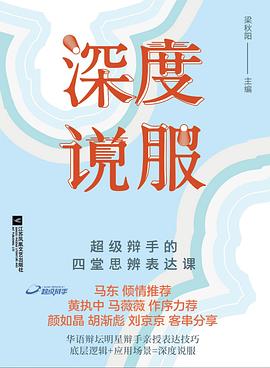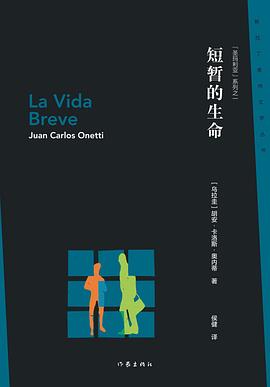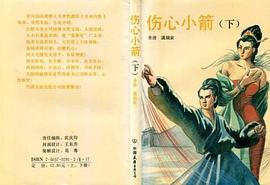Way and Byway
内容简介
Using a combination of newly mined Sung sources and modern ethnography, Robert Hymes addresses questions that have perplexed China scholars in recent years. Were Chinese gods celestial officials, governing the fate and fortunes of their worshippers as China's own bureaucracy governed their worldly lives? Or were they personal beings, patrons or parents or guardians, offering protection in exchange for reverence and sacrifice?
To answer these questions Hymes examines the professional exorcist sects and rising Immortals' cults of the Sung dynasty alongside ritual practices in contemporary Taiwan and Hong Kong, as well as miracle tales, liturgies, spirit law codes, devotional poetry, and sacred geographies of the eleventh through thirteenth centuries. Drawing upon historical and anthropological evidence, he argues that two contrasting and contending models informed how the Chinese saw and see their gods. These models were used separately or in creative combination to articulate widely varying religious standpoints and competing ideas of both secular and divine power. Whether gods were bureaucrats or personal protectors depended, and still depends, says Hymes, on who worships them, in what setting, and for what purposes.
......(更多)
作者简介
Robert Hymes is Professor of Chinese History at Columbia University. He is coeditor of Ordering the World: Approaches to State and Society in Sung Dynasty China (California, 1993) and author of Statesmen and Gentlemen: The Elite of Fu-chou, Chiang-hsi, in Northern and Southern Sung (1987).
......(更多)
目录
List of Illustrations xi
List of Abbreviations xiii
Acknowledgements xv
1. Introduction 1
2. Celestial Heart Taoism 26
3. Hua-kai Mountain and Its Immortals 47
4. The Rise of the Hua-kai Cult 76
5. Explaining the Rise of the Hua-kai Cult 114
6. Taoists, Local Gods, and the Transformation of Wang Wen-ch'ing 147
7. The Bureaucratic Model: A Speculation 171
8. God Worship and the Chiao 206
g. Conclusion: The Two Models 261
Appendix. Source Issues 271
Notes 281
Bibliography 329
Glossary of Chinese Characters 339
Index 349
......(更多)
读书文摘
新法及其先前改革先行者的一些措施,特别在教育方面,开启了朝廷对地方层面行动的一个新领域或途径。南宋精英及其知识领袖反复在同样的领域和模式下采取行动或建立组织,以取代它们,或建立相应的东西。此前,这些并不是地方精英生活,至少不是其公共表达的一部分。
索安士(Anna Seidel)指出,自汉末道教产生伊始,帝国权威的神话与象征便是其核心。鬼神与世俗官府平行,实则统一在同一个结构中,是这个新宗教的主旨。
......(更多)
